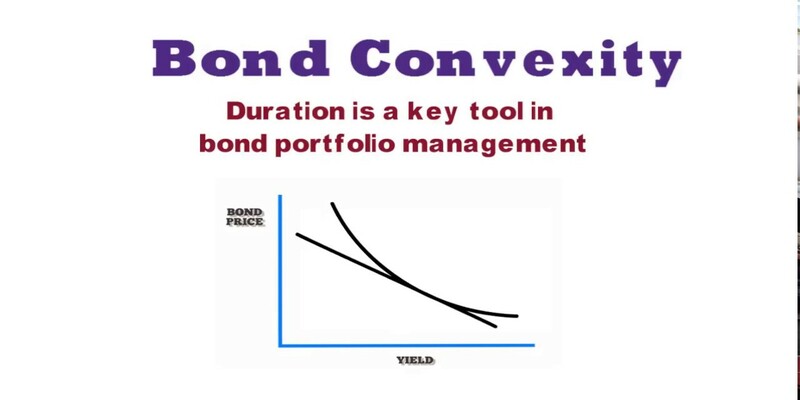A few lenders might be amenable to extending max personal loan amounts of up to $100,000 under specific conditions; however, unsecured loans are typically extended for between $1,000 and $50,000. However, many individuals borrow significantly less. TransUnion reports that the sum borrowed for a fresh personal loan in the concluding quarter 2022 was $8,000.
Maximum Amounts for Personal Loans
Home equity and autos aren't typical personal loan collateral. You're not required to put up a personal item as collateral. Since the lender does not hold an asset to capture in the event of non-payment, this mortgage type is riskier and less stable.
Due to this risk, personal loans usually have lower interest rates than vehicle or home loans. Due to this, lenders are wary of large personal loans without collateral. Despite most lenders' ability to grant personal loans up to $50,000, those with strong credit and financial stability may qualify for greater loans. In the calendar year 2023, the subsequent personal loan amounts were extended by prominent lenders:
- SoFi provides loan amounts in the range of $5k – $100k
- PenFed gives loans ranging from $600 to $50k
- The upgrade allows borrowing money anywhere between $1k and $50k
- The loan range US Bank offers is between $1k and $50k
- The bank offers loans ranging from $2k to a maximum of $50k
Factors That Determine Personal Loan Amount

Income
The lending institution limits loans depending on income. This evaluation ensures the borrower can pay off their debt. Loan size rises when income stabilizes and grows because lenders evaluate applicants' capacity to repay. It is crucial to know that a high salary may affect your loan application but not ensure acceptance. Along with other factors, lenders evaluate your borrowing profile, including this financial information.
Credit Scores
Your credit score significantly affects the upper loan limit you can receive. As a significant rule of thumb, at least a 640 credit score is necessary to get a personal loan. But bigger loans usually require higher credit scores. This arrangement serves as a mechanism of risk management for the lending institution; an excellent credit score implies good credit use in the past, lowering the chances of default. Therefore, borrowers with better credit scores are often treated more cautiously, and this provides an opportunity to access bigger personal loan amounts.
Existing Debts
Current debt levels determine your maximum personal loan. A lender considers the debt-to-income (DTI) ratio. It shows your monthly debt repayment percentage. A high debt-to-income ratio may impair your ability to pay additional loan payments. Lenders may propose a minimally maximum personal loan amount to reduce financial instability and protect their investment.
Loan Security
Securing or unsecured personal loans greatly affect their eligibility. Lenders protect themselves from non-payment with secured loans like cars and houses. Higher loan amounts may be possible because collateral reduces lender risk. Unsecured loans may have lower borrowing limits because lenders are willing to take on more risk.
Co-signers
Co-signers might greatly increase your personal loan. Creditworthy and well-paid co-signers guarantee loans. Lenders accept greater loans for co-signers because of the risk. A co-signer with strong credit might help the lender approve a bigger loan than you could.
Selecting the Right Amount
In taking a personal loan, selecting an amount that addresses and coincides is crucial to assist with your needs and financial position. Personal loans are flexible and have a wide range of applications, except for some restrictions such as mortgage down payments. Nevertheless, choosing a bigger loan might lead to heavy losses if handled poorly.
Aim for the Smallest Loan to Meet Your Needs

It's wise to secure the minimum loan amount to satisfy your requirements. By doing so and committing to a swift repayment plan, you'll reduce the effects of interest rates, thereby decreasing the total cost of the loan.
- Purpose of the Loan: Ensure the maximum personal loan amount adequately covers your intended expenses. Consider borrowing slightly more in some scenarios to guarantee all costs are met.
- Monthly Repayment Ability: The interest rate and the loan duration determine your monthly repayments. Make sure that the amount you pay per month is affordable. Non-payment will attract penalties and also reduce your credit score.
- Debt-to-Income Ratio: A larger loan may increase your DTI ratio and make it high. DTI Ratio over the limit may restrict your access to more credit facilities like mortgages.
Evaluating these aspects in-depth is vital when selecting a personal loan. Your quick consideration will help you stay financially afloat and healthy in the long run. Remember that the aim is to economically meet your needs without imposing many costs.
What To Do If One Cannot Qualify For Personal Loans
If one fails to secure the required loan amount despite conducting an extensive investigation of multiple lenders, alternative avenues remain for consideration. Consider initiating the process of establishing a co-signatory partnership. The support of a dependable individual with an exceptional credit score and a solid financial background can significantly enhance the credibility of your loan application. Because of this partnership, a lender is more inclined to grant the requested amount.
Applicants with low credit scores should exercise caution when engaging with lenders who guarantee significant loans. In addition to the protracted repayment periods, these loans often carry exorbitant interest rates. Additionally, it is beneficial to explore alternative approaches to procuring funds. Valuable personal property, including automobiles, has the potential to generate cash flow swiftly.
Furthermore, you can make use of the equity in your house. Equity from home can be utilized as a home equity loan or Home Equity Line of Credit (HELOC) since it is secured by collateral consisting of the equity within your residence. Nevertheless, it is important to note that if you do not repay these loans, they may become your problem since they can put you in danger.
As your FICO score increases, you will become more eligible for loans. Establishing a perfect credit history can be done in many ways; these include getting one of those small loans labeled as credit-builder loans, using specially designed cards to establish one’s credit, and paying off all the borrowed money by timely deadlines. The other major strategy here is debt reduction. The DTI ratio is a very strong factor affecting the loan amount that creditors are ready to lend. Individuals' ability to borrow loans can also be enhanced by decreasing their indebtedness.




